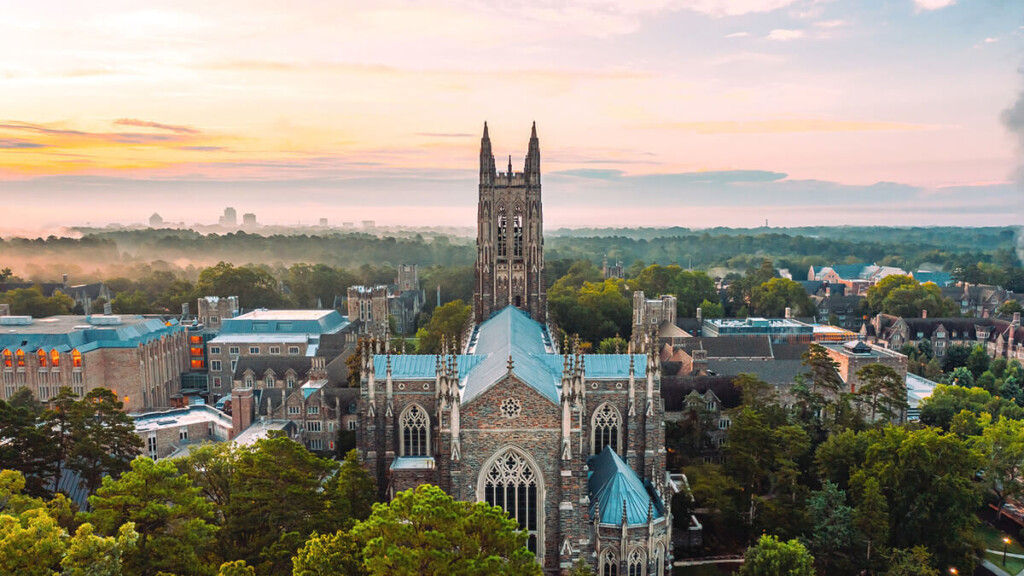The affirmative action scholarship at Duke University is no more.

It is the latest institution impacted by the 2023 Supreme Court ruling that ended affirmative action in admissions. Unfortunately, the program is discontinued, according to AfroTech.
The merit scholarship was created in 1979 for Black undergraduates, some of whom were required to demonstrate the need for financial assistance. The scholarship covered the cost of the full tuition and room and board for those selected.
“It is very much disheartening to hear that this program that opened the door for me to come to Duke is now being closed essentially, even though it will take on a new form,” Mya Harris, a current junior at the university, said.
Where was this scholarship derived from? It started in honor of Duke’s first Black student government president, Reginaldo “Reggie” Harris, who was killed because of an automobile accident in 1976 amid his sophomore year.
Although the scholarship will be no more, the Office of University Scholars and Fellows will partner with the Mary Lou Williams Center for Black Culture to develop the Reginaldo Howard Leadership Program, and it will be open to all undergraduate students regardless of race.
The new scholarship installment “will not include a competitive selection process.”
“The Reginaldo Howard Leadership Program will honor Reggie Howard’s legacy by supporting Black academic excellence, intellectual community, and leadership on campus through an intentionally designed series of engagement opportunities,” wrote Candis Watts Smith, vice president for undergraduate education, in an April 9 email to Reggie Scholars and alumni.
The Reggie Scholars got a notification in terms of the reasoning behind the decision, sharing that it was made “in light of changes to the legal landscape related to race-based considerations in higher education.”
Every year, roughly 15 to 20 Black students were brought in as Reggie Scholars, and current Scholars have communicated concern regarding not being a part of Duke’s decision to terminate the program.
“We were just kind of told what was happening as it was happening,” said sophomore Hanna Gedion. “We felt very powerless, to be honest with you.”



